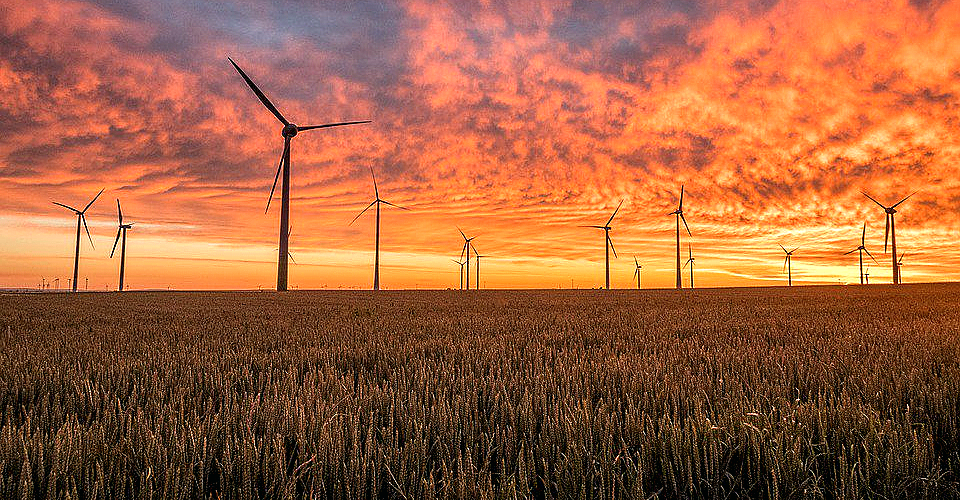
In Hong Kong for the AsiaGlobal Dialogue 2023, reading two newspapers today show how we live in parallel mental worlds but are joined at the hip in one physical planet.
The New York Times had two columnists on page one: iconic globalist Tom Friedman talking about “It’s time for a Biden peace plan” and Peter Goodman on “Two partners in the global economy are splitting up”.
In the Opinion page, Farah Stockman, member of the Times editorial board, headlined “Farewell to the US-China golden age”.
Contrast this with China Daily, whose front page was about Chinese President Xi being warmly welcomed upon arrival in the United States, Xi’s vision to drive Asia-Pacific growth, and a leading article on how Sunnylands Statement on Enhancing Cooperation to Address the Climate Crisis may be the critical document for 2023 United Nations (UN) Climate Change Conference (COP28), which will be held in Dubai from Nov. 30 to Dec. 12.
One newspaper highlighting “we-versus-them” and the other “seeking win-win cooperation”. You judge who is right for a totally messed-up world.
But the real existential threat facing the world is not conflict, but how climate heating—natural disasters stemming from human excesses that breed conditions for mutually assured destruction—is accelerating human extinction. COP28 therefore is vital to all our futures.
Thus, the Sunnylands statement, crafted by John Kerry, US special presidential envoy for climate and Xie Zhenhua, China special envoy for climate change, at Sunnylands, California, earlier this month, may be the most meaningful gesture of cooperation that the two largest economies, US and China, can do to meet the climate crisis.
The most important aspects of cooperation are: “The United States and China remain committed to the effective implementation of the Paris Agreement and decisions thereunder, including the Glasgow Climate Pact and the Sharm el-Sheikh Implementation Plan …
“The United States and China decide to operationalise the Working Group on Enhancing Climate Action in the 2020s, to engage in dialogue and cooperation to accelerate concrete climate actions in the 2020s.”
The operationalisation will focus on energy transition, methane, and other non-carbon dioxide greenhouse gas emissions, circular economy and resource efficiency, sub-national cooperation among states, provinces, and cities, forest regeneration, and basically supporting COP28 work.
Sounds good, but show me where the money is to fund all these action plans?
The biggest problem with multilateral cooperation on climate warming, exemplified by UN-convened COPs (Conference of the Parties that have signed the UN Framework Convention on Climate Change, the Kyoto Protocol, and/or the Paris Agreement) is that it is more non-military “NATO”—no action, talk only.
Today, we need to shift from “NATO”, “no agreement, take only”, to really fund action that can make a difference.
Few are in the giving mode, as Sweden, previously one of the most generous of the rich donors, is cutting back on official development aid.
The amount of military aid for the Ukraine and Israel war is far more than the $100 billion pledged to help developing countries shift to net-zero promised in 2009.
The Glasgow Financial Alliance for Net Zero, which is the world’s largest coalition of 500 financial institutions managing $130 trillion of assets, committed to transitioning the global economy to net-zero greenhouse gas emissions is more a stick (we won’t lend or invest in you if you don’t meet net-zero) than a carrot.
So far, even the UN has admitted that with only seven years to go to 2030, only 12 percent of the 17 Sustainable Development Goals have been met.
The mainstream view is that the financing gap is around $2-4 trillion annually to achieve these goals.
McKinsey thinks that to get to global net-zero, the amount may be as large as $9.2 trillion annually. No money, no action!
The underlying problem with climate change is not fossil fuels—it is excess demand for energy, arising from our relentless demand for instant gratification (consumption) financed by freely printed debt.
As long as we consume in excess of our needs and planetary limits, we are doomed to live in a boiling earth.In this interconnected and entangled world, we cannot look just at carbon emission only, but also at the physical limits of water, energy, minerals, and biodiversity that keep us all in ecological balance.
Professor Simon Michaux has shown convincingly (at least to me) that if we shift toward non-fossil fuels, we will very quickly run out of essential minerals like copper, lithium, etc.
Cutting carbon alone just does not add up. If we agree that we are on a non-sustainable path, then either we cooperate to survive or accelerate our mutual destruction by fighting to the last human.
Sunnylands or Badlands, that is our fateful choice.
(Andrew Sheng is former chair of the Hong Kong Securities and Futures Commission.)
ADVERTISEMENT
ADVERTISEMENT








































